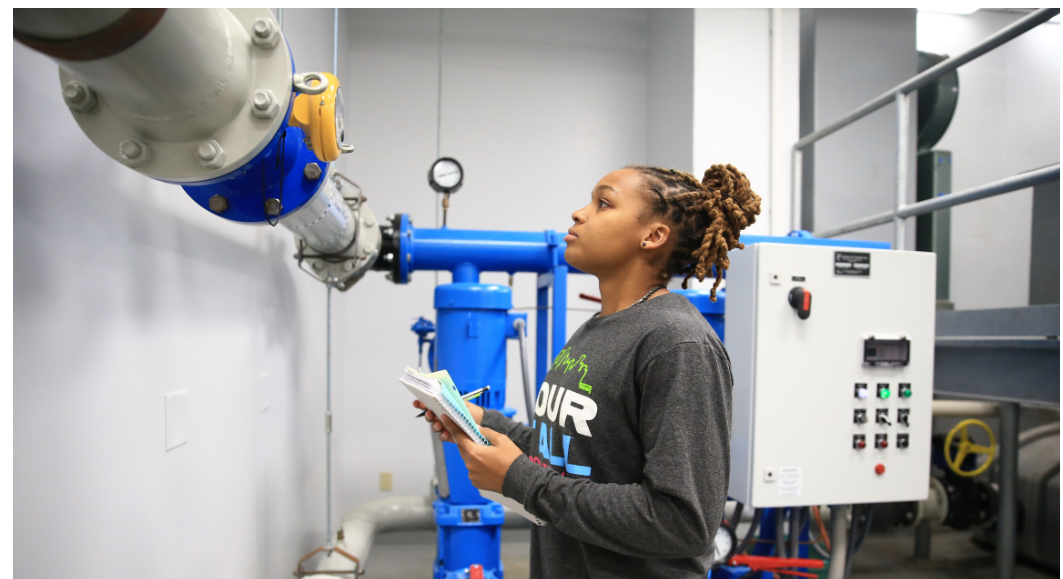There are too many routes to studying abroad as an international student or basically travelling abroad via relocation. This content is a guide to studying and travelling abroad. It explains what requirements you need to possess and how best you may need to make your competitive enough to qualify to study abroad.
8 important requirements needed to apply for study abroad
- Degree Certificate
- Transcript
- Academic CV
- Statement of Purpose or Personal Statement
- Recommendation Letters ( 2 or 3)
- International Passport
- IELTS OR TOEFL (optional)
- GRE or GMAT (optional)
N/B STEM (Science, Technology, Engineering, Mathematics) students would often require GRE
IELTS or TOEFL are English tests which could be waived by most schools from English-speaking countries especially in the UK and USA
WAYS OF GETTING INTO AND SPONSORING YOUR GRADUATE SCHOOL
- As a Fee-paying student: By this means, you are ready to pay the tuition and leaving expenses either by yourself or through sponsorship. You must have to provide a document called proof of fund from your bank which shows an amount more than enough of footing your bills while schooling in the country. This could be the easiest way of studying or travelling abroad. Through this means, there might be no need for English tests like IELTS or standardized tests like GRE.
- On Scholarship: This involves securing sponsorship from an internal or external scholarship or funding body. Sometimes schools give their students internal scholarships, such scholarships are often based on average CGPA performance and are often not fully funded. You can, however, secure scholarships from external bodies such as McBain, ERASMUS, MASTERCARD, RHODES etc, most external scholarships are often fully funded. This is usually very competitive and may need you to write either or both of the English tests and/or standardized tests with a particularly targeted score to be competitive enough.
- ASSISTANTSHIP: These are more often open to PhD students and a few times to master’s students with exceptional performance. Assistantships could come in the form of an RA Research Assistant or TA Teaching Assistant. This means while you study, you will be working for the department as either a teaching staff or a research staff and be placed on a monthly salary.
- Get Funding from Professors/Supervisors: This is one most pronounced means of getting into graduate studies, especially for PhD studies. Here you have to send cold emails to as many professors or supervisors carrying out research at their laboratories to find out which ones have funding and are willing to take you in. But first, your research email must match and align with the supervisor’s interests. Here, research experience shown in the form of Masters’s studies or previous academic publications done by the student would be a big plus in enhancing your chances. One could start early enough immediately after undergraduate studies or while as an undergraduate to raise publications.
HOW DO YOU START YOUR GRADUATE SCHOOL PURSUIT?
- Firstly, determine the course(s) which you have an interest in to study in graduate studies. This course should be related to your previous undergraduate studies. However, course correction is allowed at any stage of your life, but you must give convincing reasons in your personal statement why your decision was made.
- Get all required documents ready
- Take all necessary qualifying tests ( This is optional but is advisable to boost your chances for funding)
- Draft out the list of countries of focus ( about 2 to 4 countries are advisable to focus on)
- List your target schools and courses: Arrange schools in order of high ranking, average ranking and low ranking. This is just to increase your chances.
- Create an Excel sheet, containing your schools, courses, application requirements, and deadline for the application (customise your sheet)
- Start applying;
Note that many rejections will flow in, do not be discouraged,keep it up until your light shines.
IMPORTANT TIPS TO NOTE BEFORE STARTING APPLICATIONS
- Early preparation
- Get familiar with people who would most likely be your recommenders; establish a good relationship with them. This could be your course adviser, lecturer, or HOD. The truth is you need a strong recommendation letter to be competitive for a scholarship. It is far beyond just writing a letter of “To whom it may concern”. There are actually formats of writing graduate recommendation letters.
- Start early to write research papers and publish them in international peer-reviewed journals ( You may or may not need them to get admission, but it surely boosts your chances for PhD studies. you can move from undergraduate studies straight to PhD if you have good research knowledge and this can only be demonstrated by the number and quality of research papers you have)
- Take the IELTS and or GRE exams. IELTS expires within 2 years while GRE expires within 5 years. Averagely a band score of 7 is needed in IELTS while 320 is needed for STEM students writing GRE. Confirm from your intending graduate school.
- Write your scholarship essays and statement of purpose and get them reviewed by someone more experienced. There will be corrections to be made. Give yourself enough time.
- Involve God in your Application.
Note generally that a CGPA of 2.1 and above is usually more appreciated but is not the ultimate selection criteria.
For more guides and tips contact MACSON
Join us on WhatsApp, Facebook and Telegram to receive Scholarship alerts




